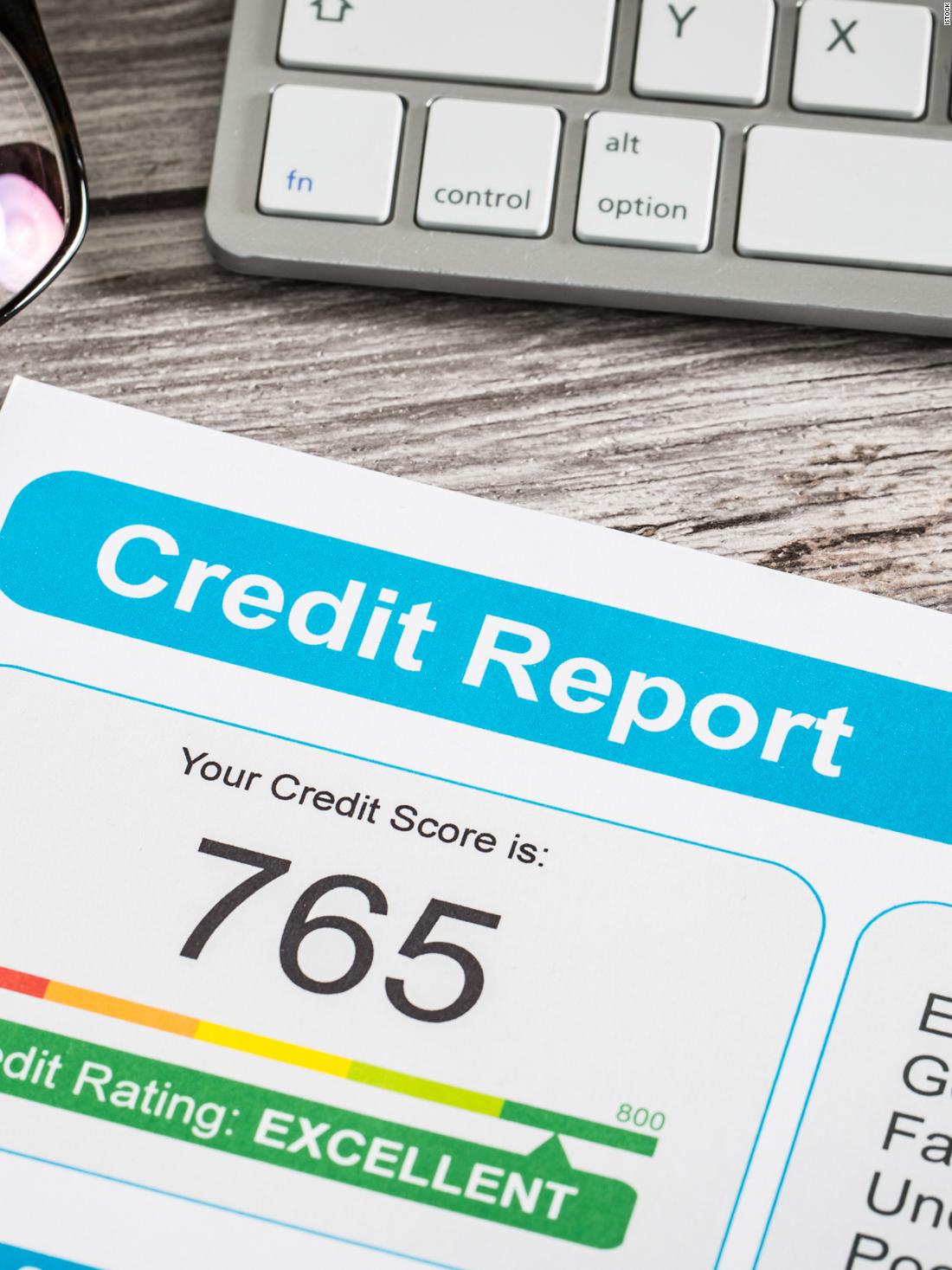
In our previous installment on “myths about credit,” we debunked the idea that opening a new credit card will drastically hurt your score — in most cases, you may actually see your score rise a few months after getting a new card, as long as you’re using your credit responsibly. But what about the opposite? Will canceling a credit card you already have also help your score, or will it end up lower?
That question is a little more complicated. Technically, the action of closing a credit card account doesn’t have a direct bearing on your credit score, meaning most scoring models don’t subtract points just because you canceled a card. But getting rid of a card can have other effects on your overall credit profile that could drive your score down, so it’s important to know what can happen before you take the irreversible step of closing an account.
As we explained in our story about how opening a credit card affects your score, a significant portion of your credit score is based on your debt-to-credit ratio. also known as your credit utilization rate. That’s the percentage of how much total debt you have across all your credit cards, compared to how much total credit you have across all your cards.
To use an example, if you have $10,000 in credit card debt and $25,000 in total credit limits across all your credit cards, your credit utilization ratio is 40% (because 10,000 divided by 25,000 is 0.4 or 40%). To maintain a good credit score, you’ll need to keep this number to 30% or less, and ideally 10% or less if possible.
If you open a new credit card that comes with a credit limit of $5,000, you’d now have $30,000 in total credit in our example, but still only $10,000 in debt, meaning your credit utilization would improve from 40% to 33%.
But that effect works in reverse as well. If you instead closed a credit card with no balance but a $5,000 credit limit, you now have only $20,000 in open credit lines but still the same $10,000 in debt, and your credit utilization worsens from 40% to 50%. And since credit utilization can count for almost one-third of your credit score, your score is likely to drop by closing a card in that scenario.
Now, if you aren’t carrying debt on any of your credit cards, then your utilization ratio won’t change much. Your monthly balances do count even if you pay them on time and in full, so there’s some effect on your score. But it’ll be much more muted than if you’re only making the minimum payments on your accounts.
Related: 4 steps to getting rid of your credit card debt.
The same is true if you already have a large amount of credit open and available to you. If in our example, you had so many open credit cards that your total credit limits were $250,000 instead of $25,000, closing a card with a $5,000 limit isn’t going to dramatically change your overall utilization ratio, and therefore, it won’t drop your score much.
However, there’s another point to consider when it comes to canceling a credit card. The length of your credit history is also a factor in how your credit score is calculated, albeit a much smaller one. You’ll get a bump in your score for keeping accounts open longer, though once you have a lot of accounts, each individual one doesn’t move the needle very much. But with just a few accounts, one more card with a long history can make a difference, especially if it’s the oldest account on your credit report.
But there’s one caveat to that. A number of credit scoring models — including FICO, which is the score used most often by lenders — continue to count accounts for many years after you’ve closed them. So closing an account won’t have an immediate effect in those cases, but rather several years down the line.
Finally, it’s important to remember that if you have negative information related to a credit card account, closing that card won’t make it go away. Your entire history with a credit card stays on your credit report for up to seven years, even after you’ve canceled the card. So don’t expect that closing a card that you’ve missed payments on will improve your score.
Of course, if you’re overly tempted to use a credit card to buy things you don’t really need and can’t afford otherwise, then you should probably cancel the card, regardless of the effect on your credit score. Missing payments count against your score more than any other factor, and credit card debt is a burden that can affect your life in profound ways if you don’t have a debt management plan in place. So be wise and make sure you’re only using credit for convenience, and not to splurge on unnecessary luxuries.
Looking for a new credit card? Read CNN Underscored’s guide to the best credit cards of 2020.
Editorial Disclaimer: Opinions expressed here are the author’s alone, not those of any bank, credit card issuer, airlines or hotel chain, and have not been reviewed, approved or otherwise endorsed by any of these entities.
Note: While the offers mentioned above are accurate at the time of publication, they’re subject to change at any time and may have changed, or may no longer be available.
"score" - Google News
July 15, 2020 at 03:25AM
https://ift.tt/2CcmRp5
Myths about credit: Does canceling a credit card hurt your credit score? - CNN
"score" - Google News
https://ift.tt/2OdbIHo
Shoes Man Tutorial
Pos News Update
Meme Update
Korean Entertainment News
Japan News Update
Bagikan Berita Ini














0 Response to "Myths about credit: Does canceling a credit card hurt your credit score? - CNN"
Post a Comment